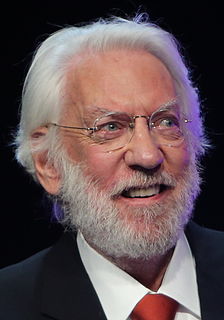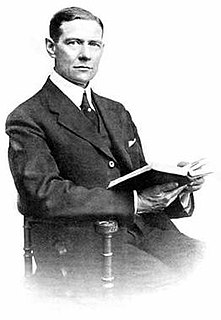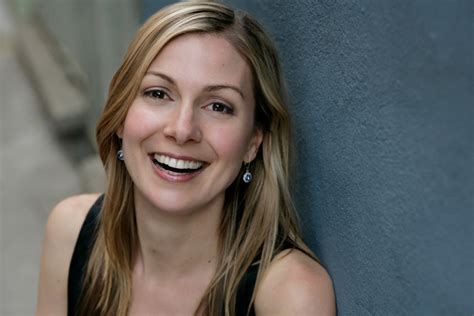A Quote by Karen Armstrong
Buddhists talk about nirvana in very much the same terms as monotheists describe God.
Related Quotes
The Buddhists say there are 149 ways to God. I'm not looking for God, only for myself, and that is far more complicated. God has had a great deal written about Him; nothing has been written about me. God is bigger, like my mother, easier to find, even in the dark. I could be anywhere, and since I can't describe myself I can't ask for help.
A quote that I like very much comes close to explaining my attitude about taking photographs. ‘Chinese poetry rarely trespasses beyond the bounds of actuality the great Chinese poets accept the world exactly as they find it in all its terms and with profound simplicity they seldom talk about one thing in terms of another; but are able enough and sure enough as artists to make the ultimately exact terms become the beautiful terms.’
I thought, "Oh, my god, that's what happens every time I talk with a journalist in the middle of shooting and I talk about my character. I describe him, I objectify him, and I kill him." So, I've never spoken with a journalist in the middle of a film. I don't do the EPK until the very end of a film. I can't talk about Kiefer's process, but what he brings to the table is beautiful.
What is the result of our investigation of the Moslem idea of God? Is the statement of the Koran true, "Your God and our God is the same"? In as far as Moslems are monotheists and in as far as Allah has many of the attributes of Jehovah we cannot put Him with the false gods. But neither can there be any doubt that Mohammed's conception of God is inadequate, incomplete, barren and grievously distorted. It is vastly inferior to the Christian idea of the Godhead and also inferior to the Old Testament idea of God.
Just coming to terms with the fact that I got to play April Wheeler [Revolutionary Road] and Hanna Schmitz [The Reader] in one year, let alone in my lifetime. I'm very, very aware of how rare that is as an opportunity for any one person. I can't tell you how much I've been able to take away from these experiences creatively. I really, really learned so much about acting, about myself... all of those things. It's difficult to talk about the actor's process without sounding like an arrogant asshole but they really were very challenging.






































